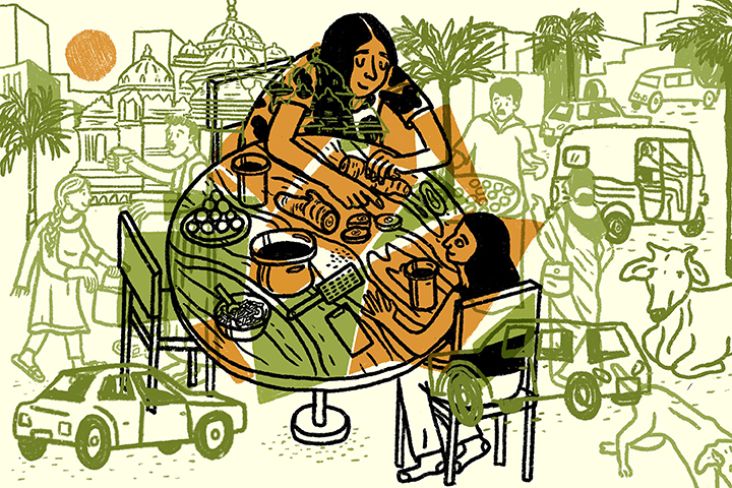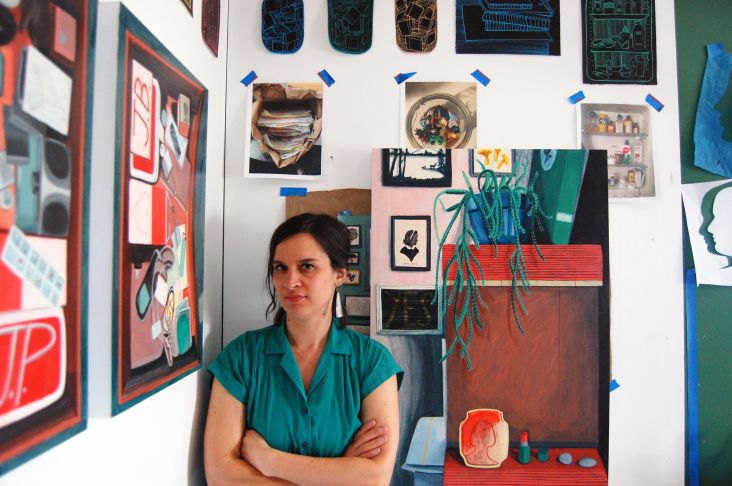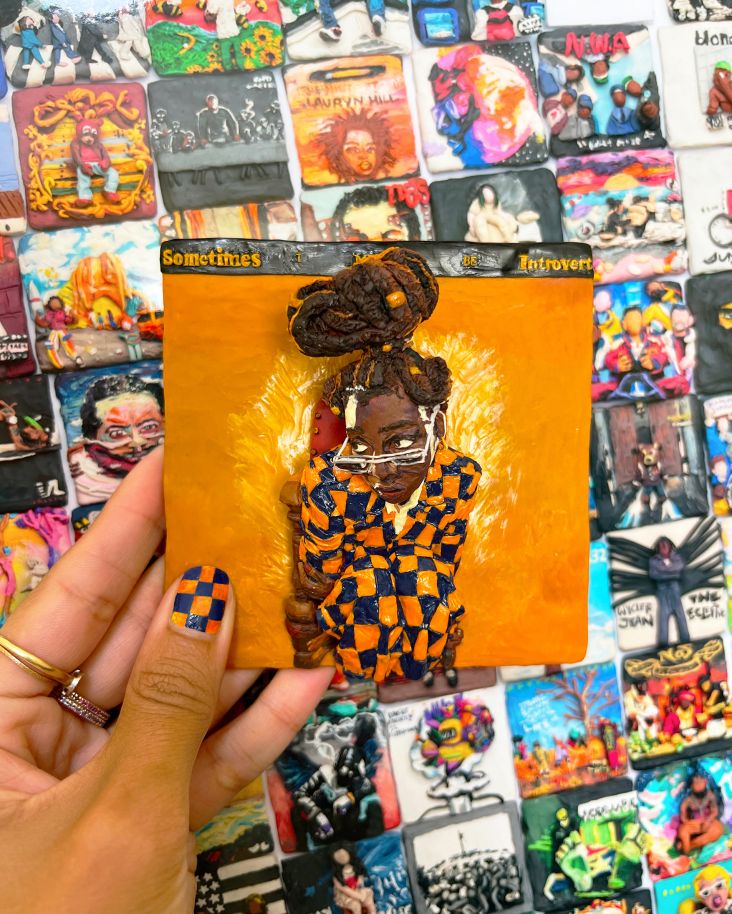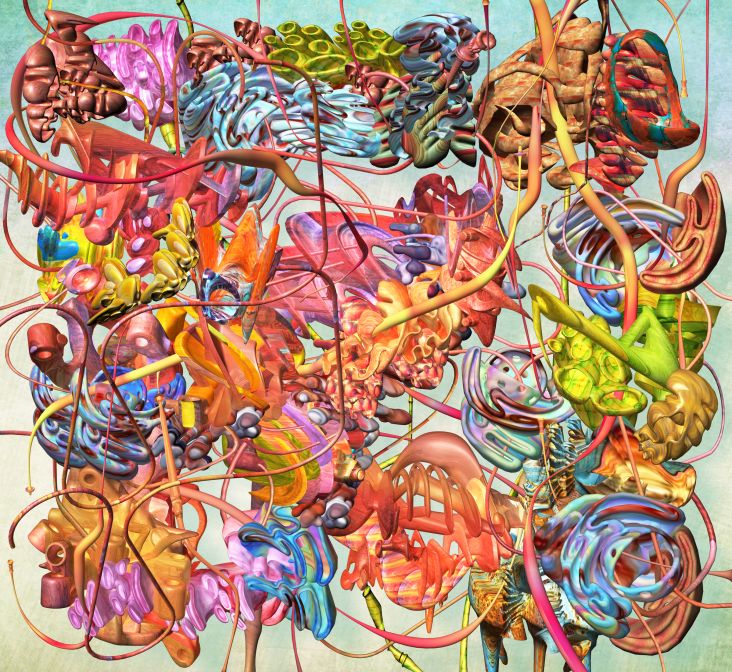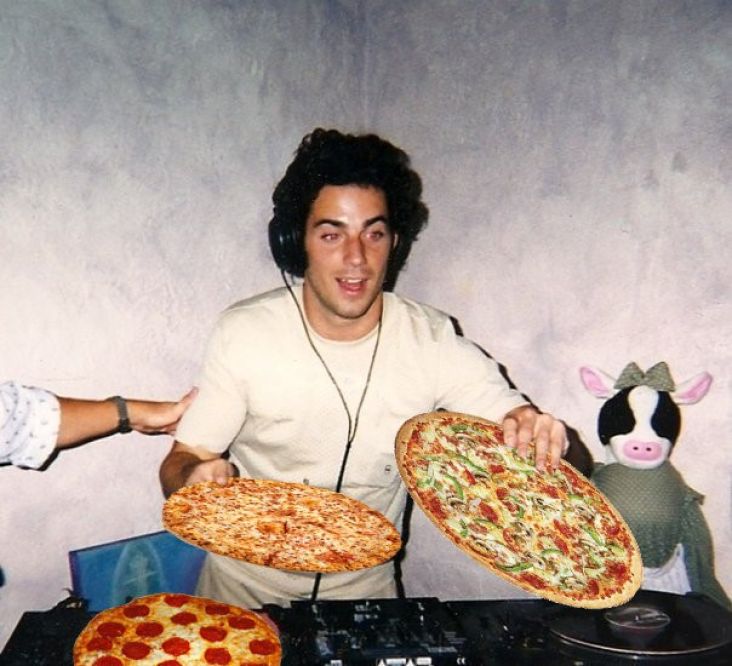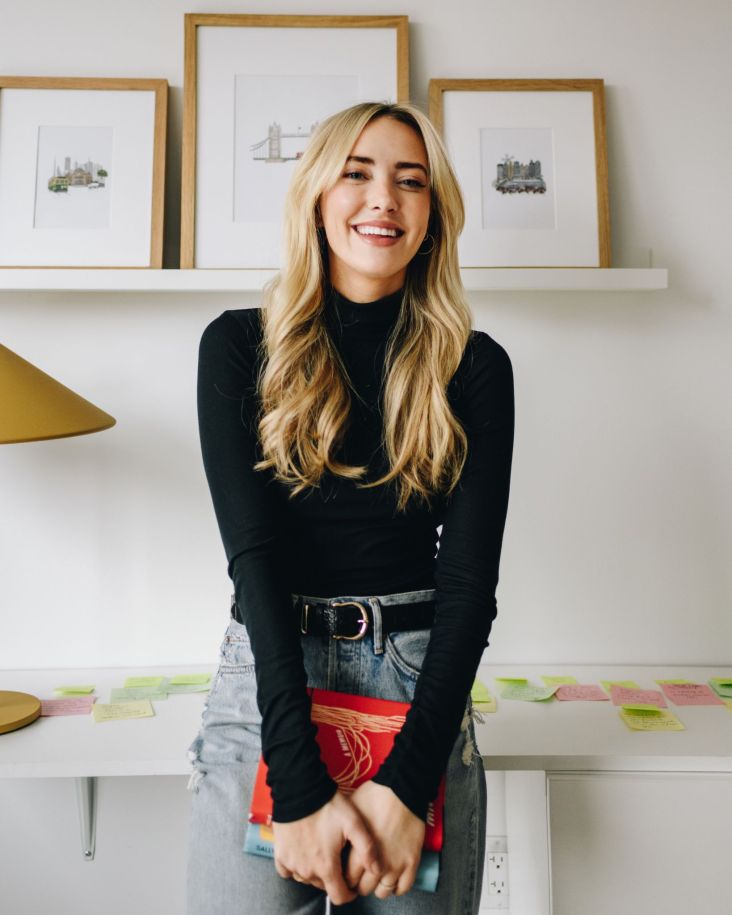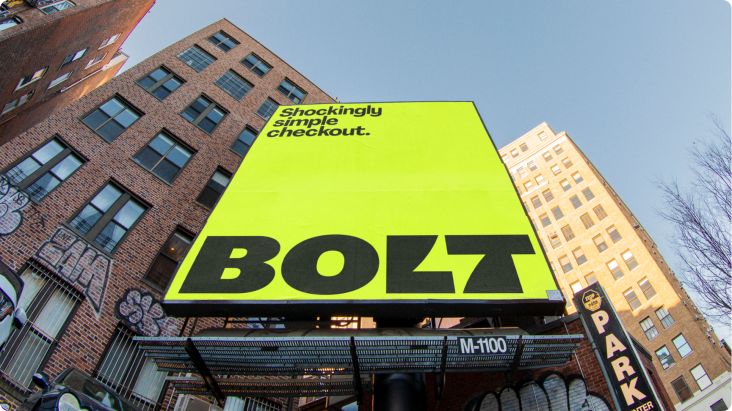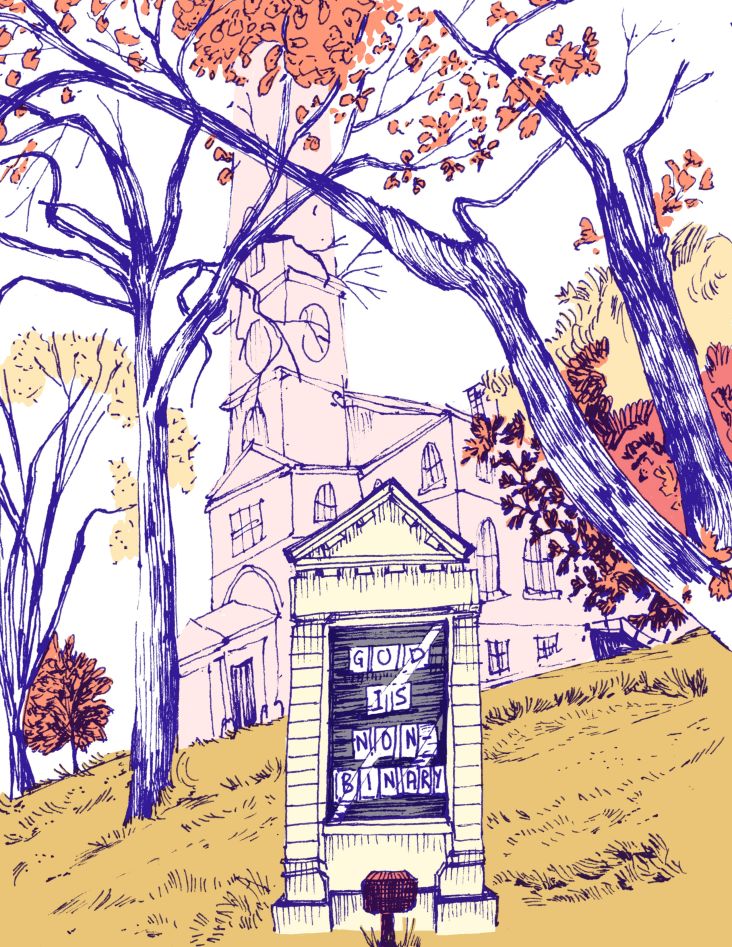'Poor Things' challenges the impact of social hierarchy in art on creative practice
Artists Emma Hart and Dean Kenning have assembled a collective of sculptors to exhibit and address social divisions within the industry to encourage conversations around artistic poverty and consider its effect on creative progression and practice.
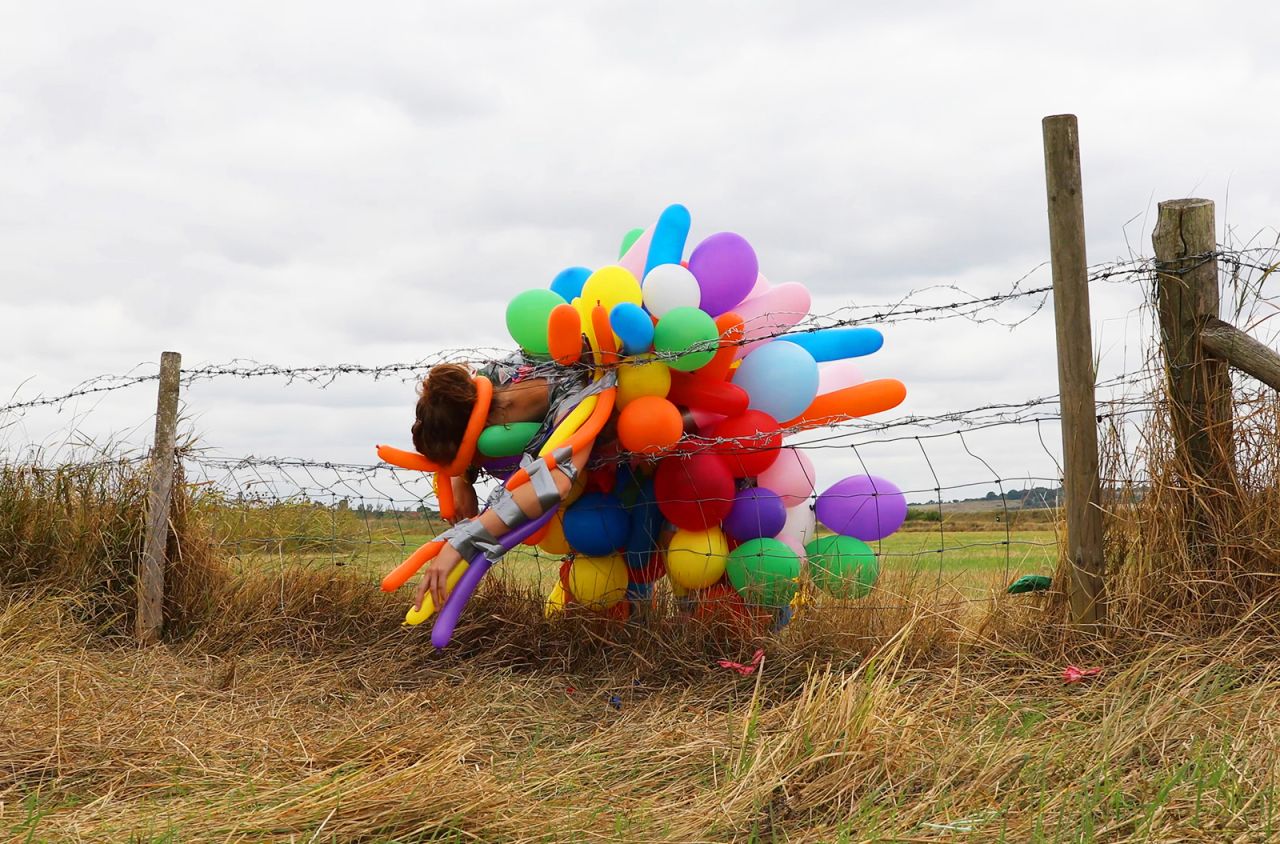
Thick-skinned, 2019 © Rebecca Moss
Art is often critiqued for its elitism; it's been a sticking point for years but has proved difficult to dismantle, largely because of the infrastructure surrounding art collection and production. The truth is it costs a lot of money to make art. Thankfully, artists Emma Hart and Dean Kenning have addressed this issue with their soon-to-launch exhibition, which aims to inspire conversations around the role of social class in art.
Poor Things showcases the work of 21 contemporary UK-based sculptors and highlights the ongoing social divide that exists in the arts. Featuring a range of styles, the collection aims to highlight how class affords privilege, providing room to experiment and produce work.
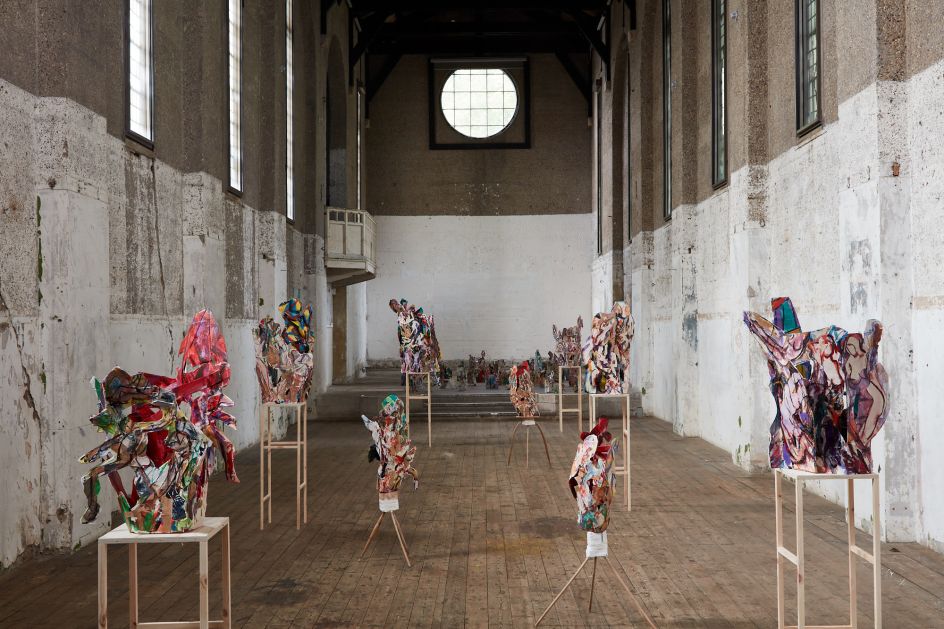
The City Rises, 2020/21 © Anne Ryan
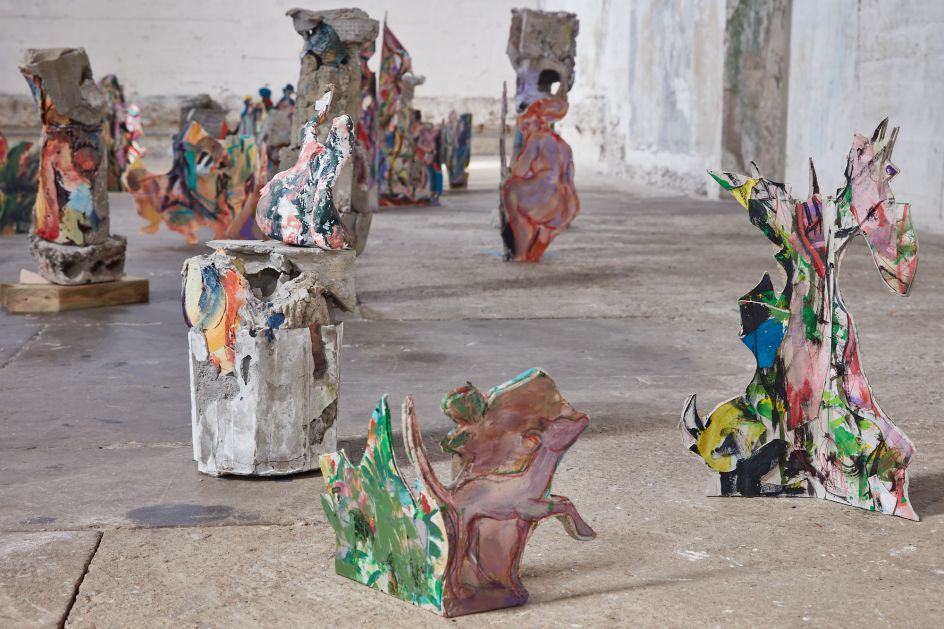
The City Rises, 2020/21 (detail) © Anne Ryan
Both Hart and Kenning understand the role of class in furthering and supporting the arts, with artists from lower-class backgrounds struggling with resources, whether financial or related to time, space, confidence, availability and contacts.
The pair chose to set the parameters of the exhibition to focus on sculpture – "as it occupies the same ground as the viewer and often makes use of ordinary stuff," says Hart and Kenning. "Its relation - both to manual construction and common forms of making and craft - offers a particularly powerful means by which to question how class impacts on and is expressed through artistic practice."
This investigation led the pair to consider how a lack of access to industry permeates into individual works and whether class factors intersect with questions of race, gender and sexuality, which may eventually manifest in the artists' works.
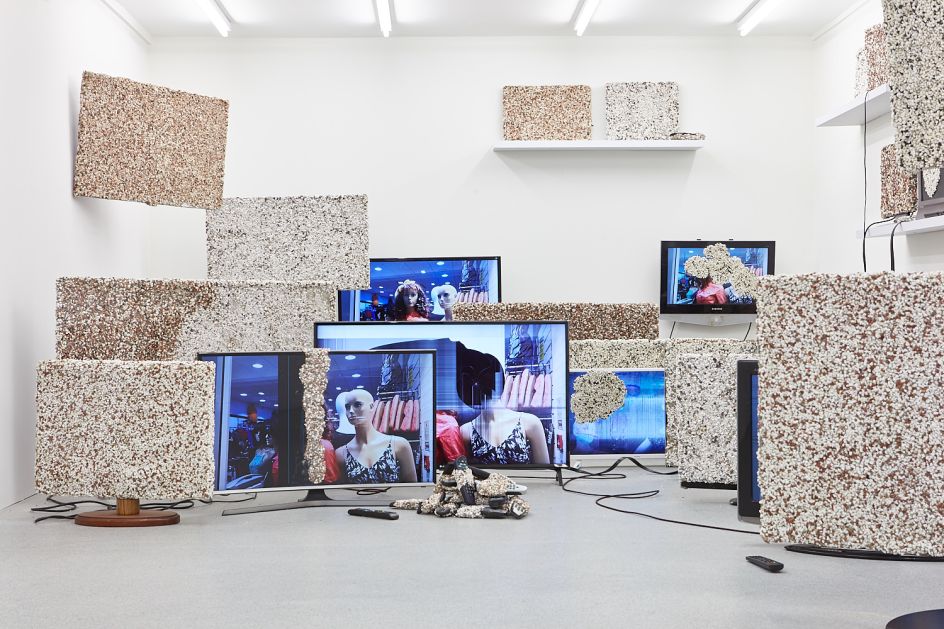
Heavy View, 2020 © Laura Yuile
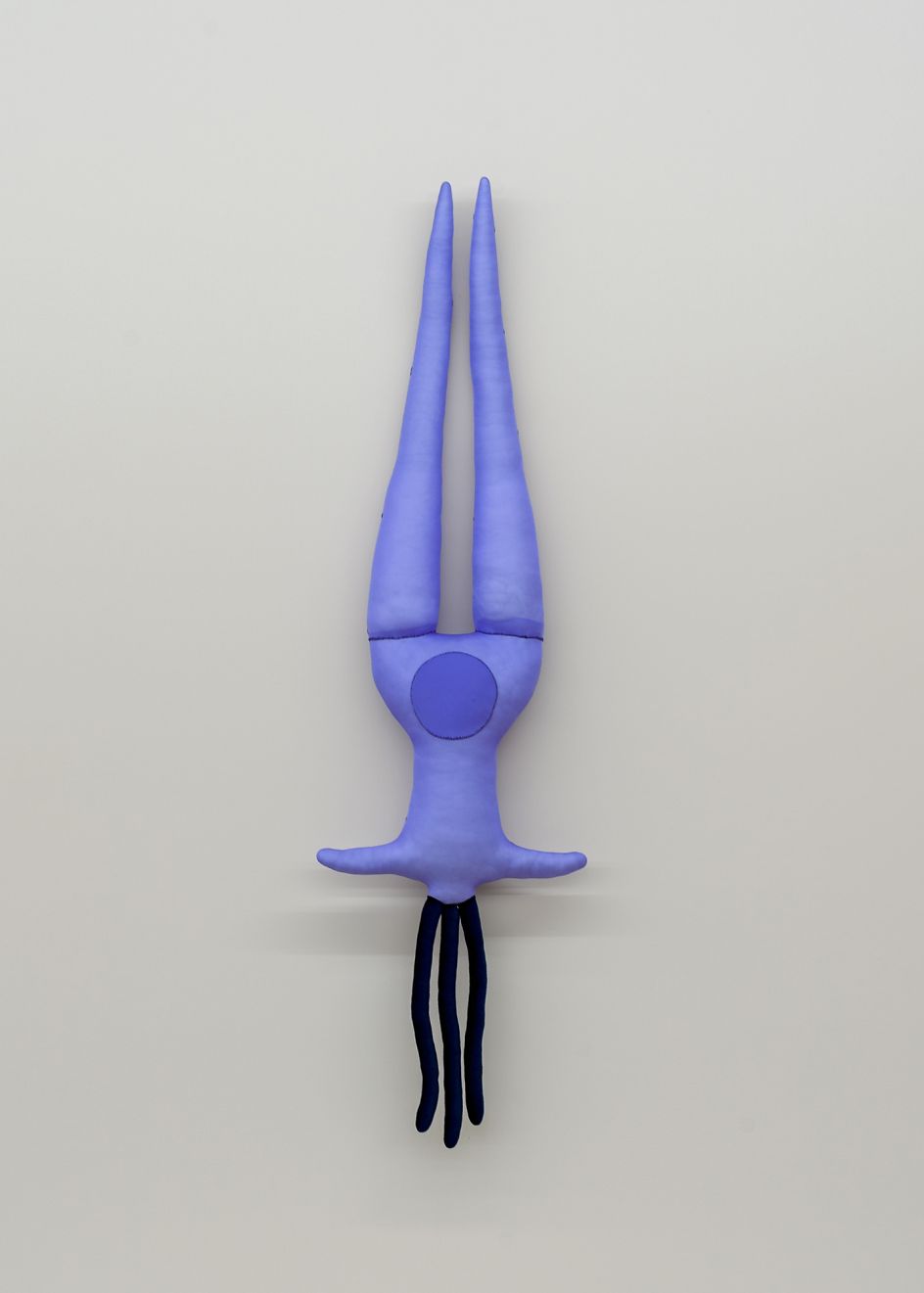
Pour Doll, 2021 © Penny Goring
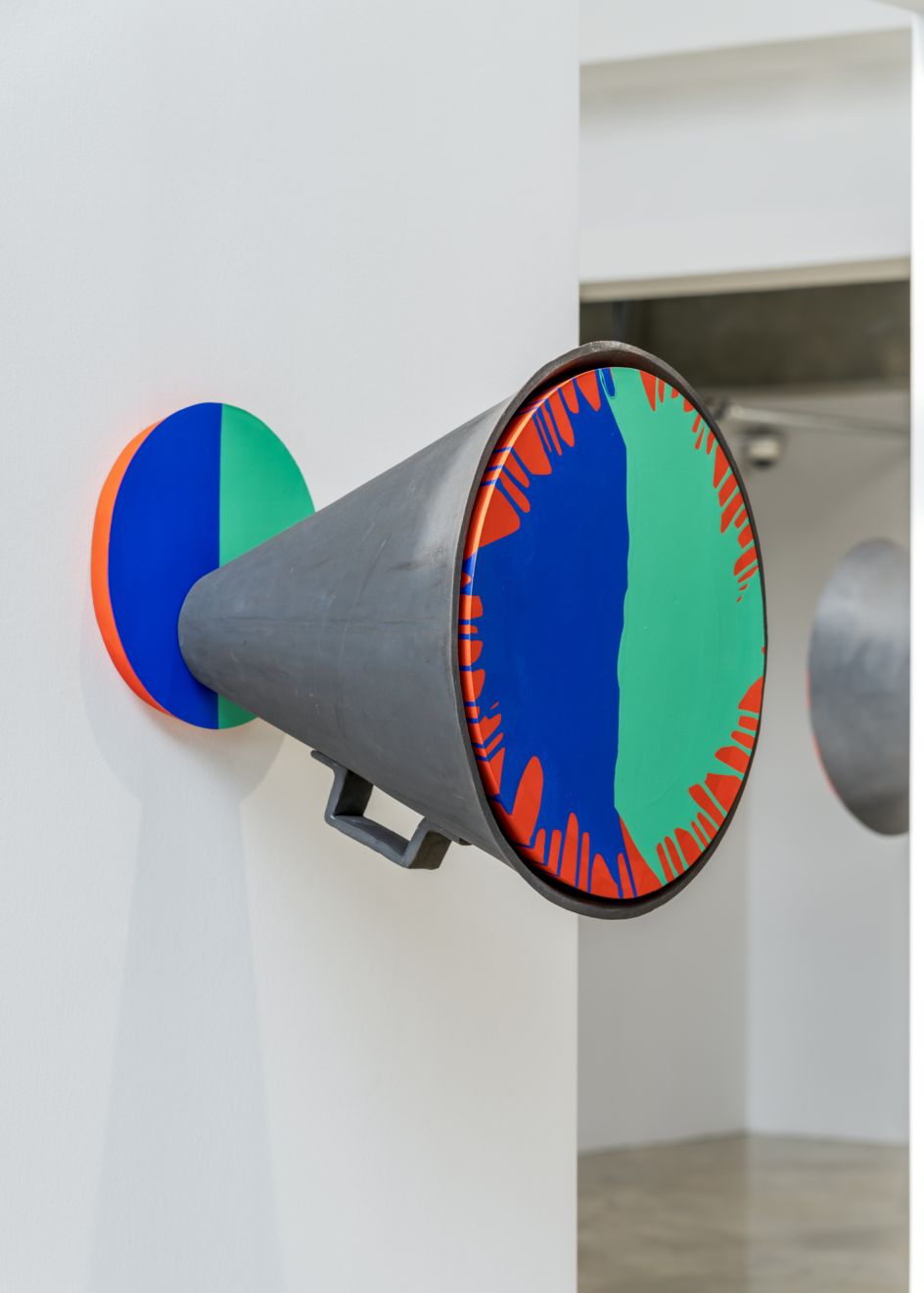
Spoiler (blue/green), 2021 © Emma Hart
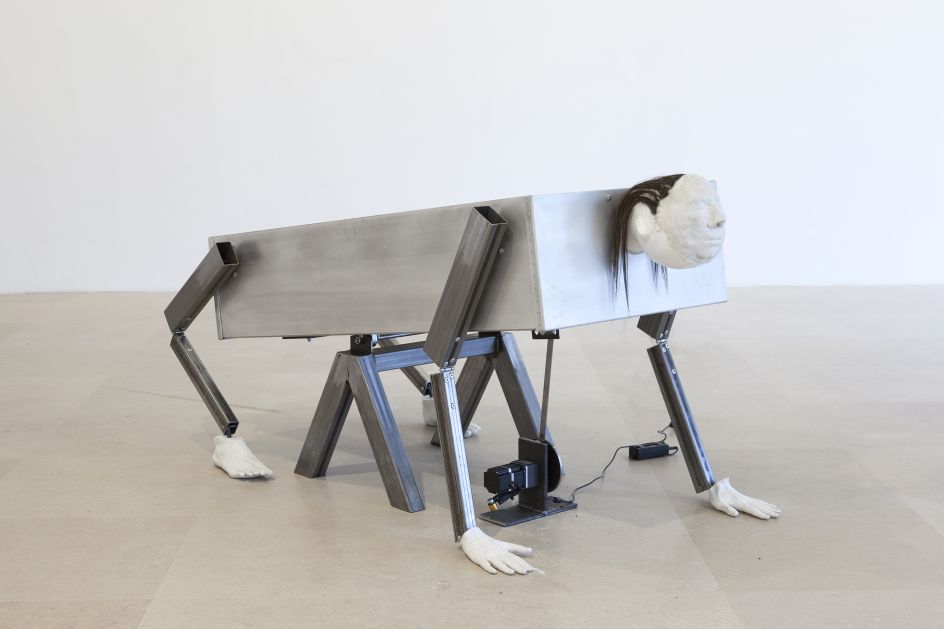
Renaissance Man, 2018 © Dean Kenning
The premise for the exhibition was also fuelled by conversations with friends, which revealed how different classes experience different realities to understand the impact that personal history and sociological circumstances play in shaping artworks. There will be audio recordings of these conversations available for viewers to access, which will guide and act as a structure throughout the exhibition.
"At Fruitmarket, we invite artists to take risks, to experiment, to frame questions rather than provide answers; and we support audiences to think and look alongside artists," says Fiona Bradley, director at the Edinburgh-based free public art space. "We value art as an agent of disruption and change and look to art and artists to bring new perspectives to bear on current issues and debates. I hope the sculptures in Poor Things will make room for new thinking."
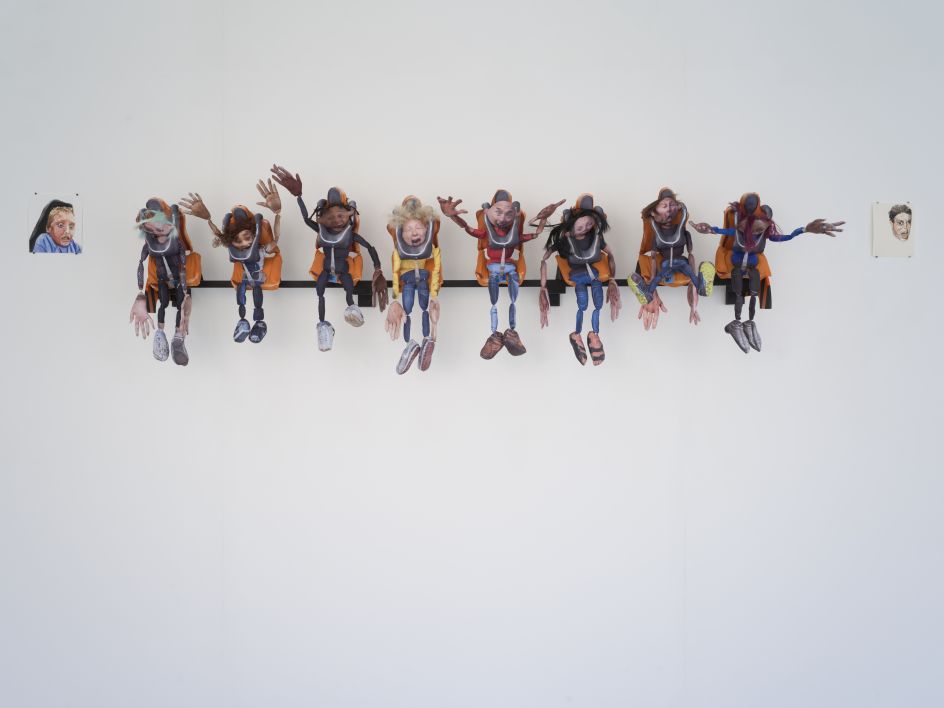
Oblivion, 2021 © Rosie McGinn
Poor Things reflects experiences and artworks from artists of working and lower-middle-class backgrounds.
The exhibition will run between March and May, taking place in Fruitmarket and features contributions from the following artists: Linda Aloysius, Eric Bainbridge, Jonathan Baldock, Simeon Barclay, Joseph Buckley, Beagles and Ramsay, Chila Burman, Andrew Cooper, Jamie Cooper, Penny Goring, Brian Griffiths, Emma Hart, Lee Holden, Dean Kenning, Josie KO, Rosie McGinn, Rebecca Moss, Janette Parris, Anne Ryan, Aled Simons, and Laura Yuile.

 for Creative Boom](https://www.creativeboom.com/upload/articles/06/063686a9a3b095b9b1f0e95df917ed4bd342be1b_732.jpg)


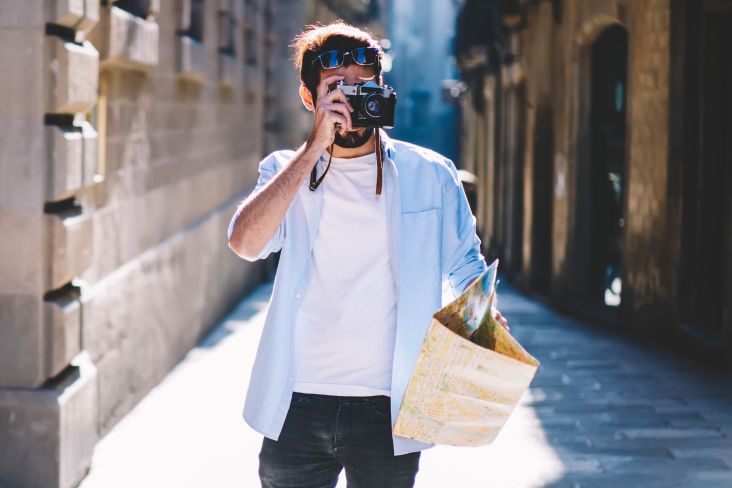
 using <a href="https://www.ohnotype.co/fonts/obviously" target="_blank">Obviously</a> by Oh No Type Co., Art Director, Brand & Creative—Spotify](https://www.creativeboom.com/upload/articles/6e/6ed31eddc26fa563f213fc76d6993dab9231ffe4_732.jpg)
 by Tüpokompanii](https://www.creativeboom.com/upload/articles/58/58684538770fb5b428dc1882f7a732f153500153_732.jpg)








